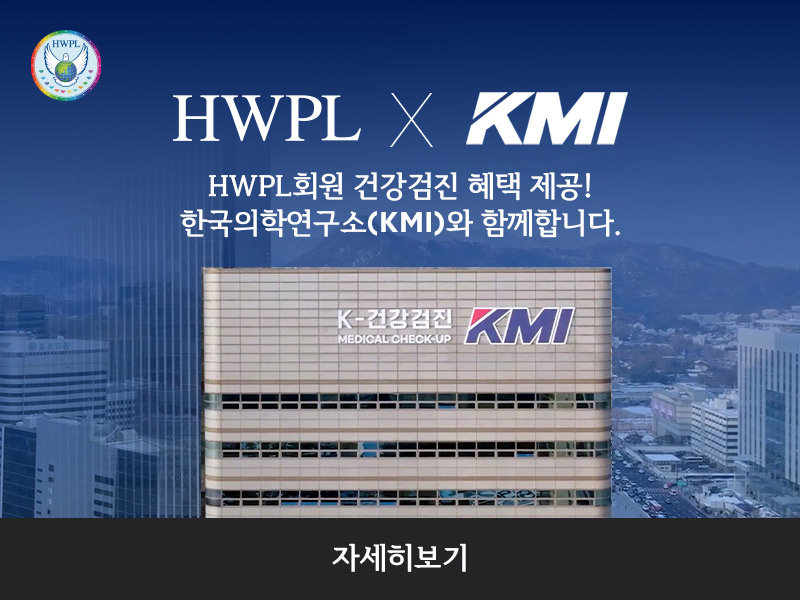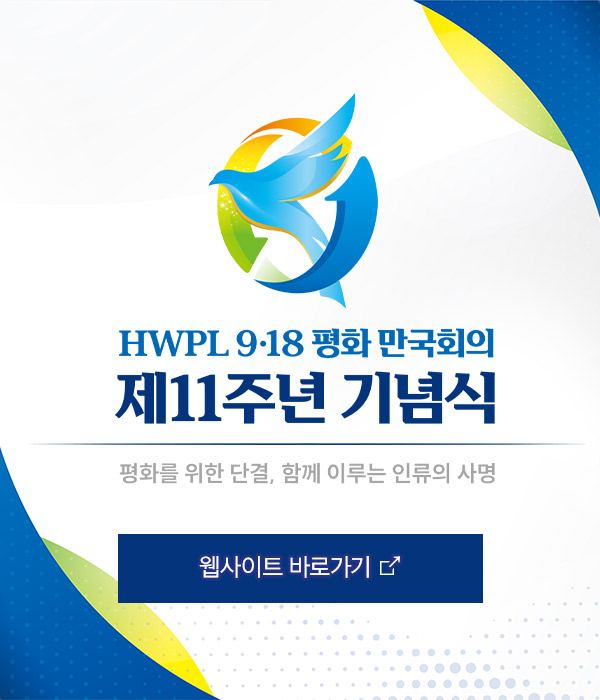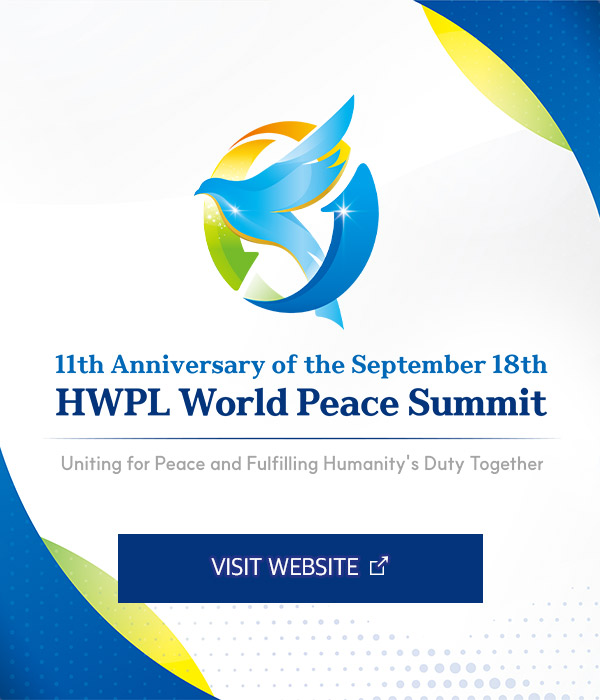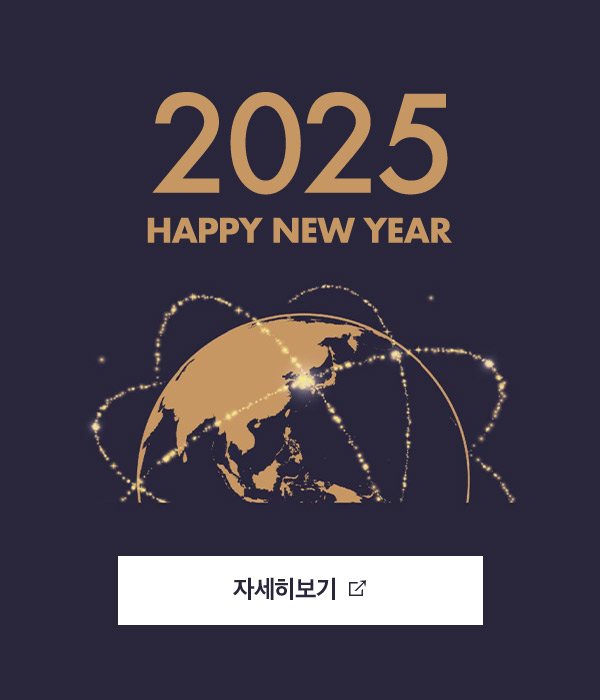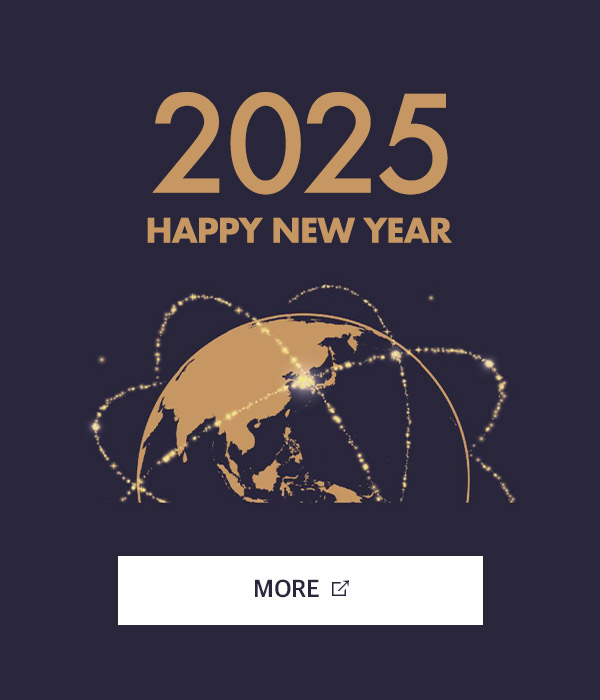HWPL DPCW Academic Symposium Held Online
– Reviewing the Credibility and Effectiveness of the DPCW Through the Peace Case of Mindanao –
On June 27, the international peace NGO Heavenly Culture, World Peace, Restoration of Light (HWPL) hosted an academic symposium online under the theme of international law and peace, with a focus on the Declaration of Peace and Cessation of War (DPCW).
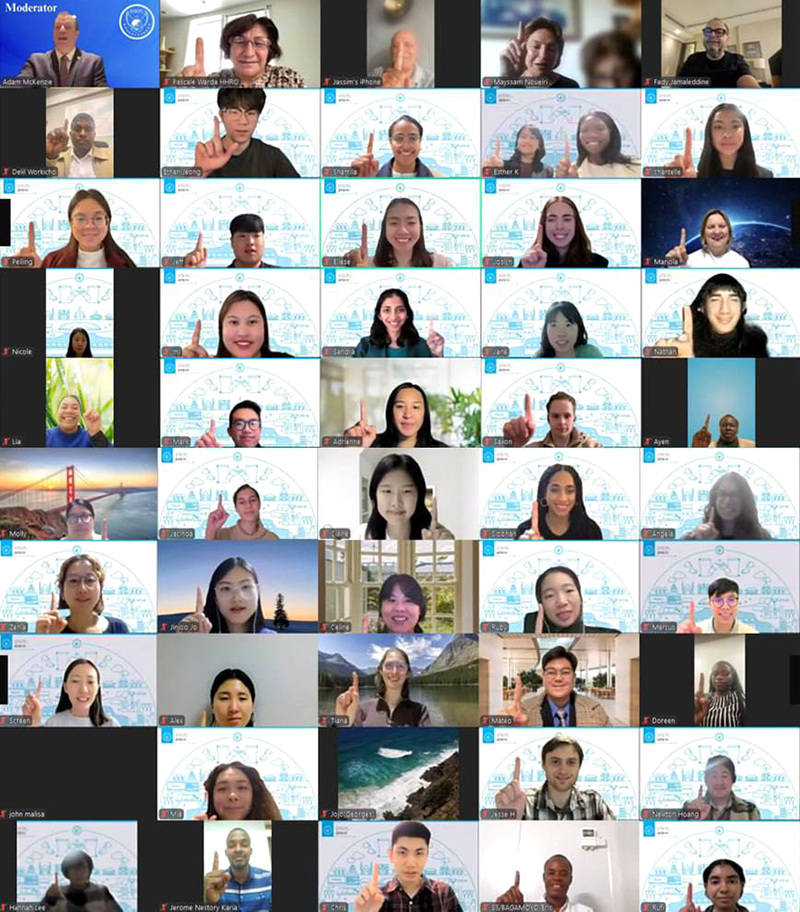
The DPCW is a proposed international legal framework designed to prevent armed conflict and promote global peace through the prohibition of the use of force, the peaceful resolution of disputes, and the institutionalization of a culture of peace. The declaration has garnered support from over 170 countries, including former and current heads of state, legal professionals, and civil society leaders.
Organized by HWPL’s Global 02 Branch in collaboration with seven legal scholars and professors, the DPCW Academic Research Symposium aims to evaluate and verify the effectiveness of the DPCW in real-world conflict resolution. The first session in the series focused on the peace process in Mindanao, Philippines, analyzing how the DPCW’s principles and articles have been applied in practice and assessing the outcomes. The discussion positioned the DPCW not merely as a declarative document, but as a normative framework with real-world applicability and scalability in international peacebuilding.
The symposium began with an overview of HWPL and the background of the DPCW, followed by a briefing on efforts to elevate the DPCW to the level of a United Nations General Assembly resolution. A case study was then presented on the 2014 Comprehensive Agreement on the Bangsamoro, which marked the end of a 40-year conflict between the Philippine government and the Moro Islamic Liberation Front (MILF) through civil society-led peacebuilding efforts.
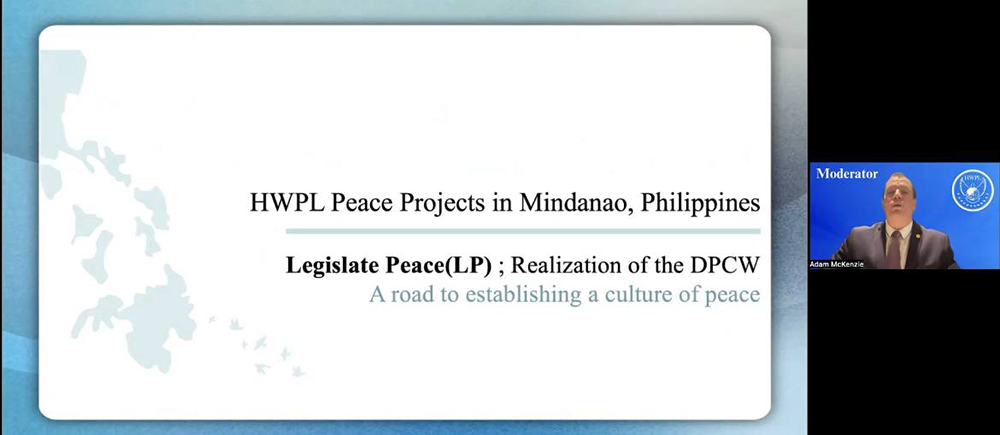
In the panel session, experts explored the theme: “What were the key factors that contributed to peace in Mindanao?”
Fady Jamaleddine, Chairman of Mena City Lawyers Firm (Lebanon), identified the disarmament and social reintegration of MILF combatants as a major factor in achieving sustainable peace.
Blnd Faraidon Arif Najib, Lawyer at Blnd Najib Law Firm (Iraq), emphasized the role of youth peace education, initiated by both the government and NGOs, in enabling the community reintegration of former combatants through livelihood programs and the promotion of peaceful coexistence.
Delil Workicho Hussen, Associate Dean of Harayama University’s College of Law (Ethiopia), highlighted the importance of inclusive participation by civil society, the state, and local communities, calling it a foundational element for long-term peace.
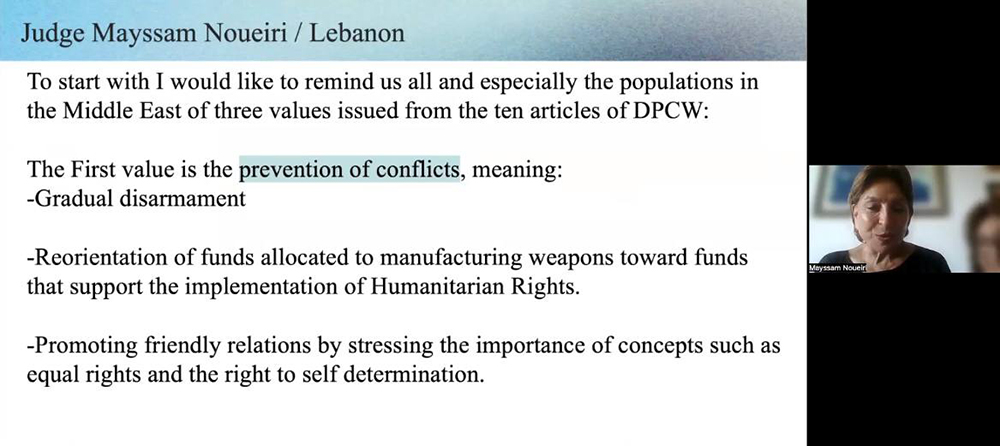
Mayssam Noueiri, Former Director General of the Ministry of Justice (Lebanon), noted the value of institutional mechanisms for dispute resolution, such as arbitration, and commended HWPL’s mediating role in the peace process.
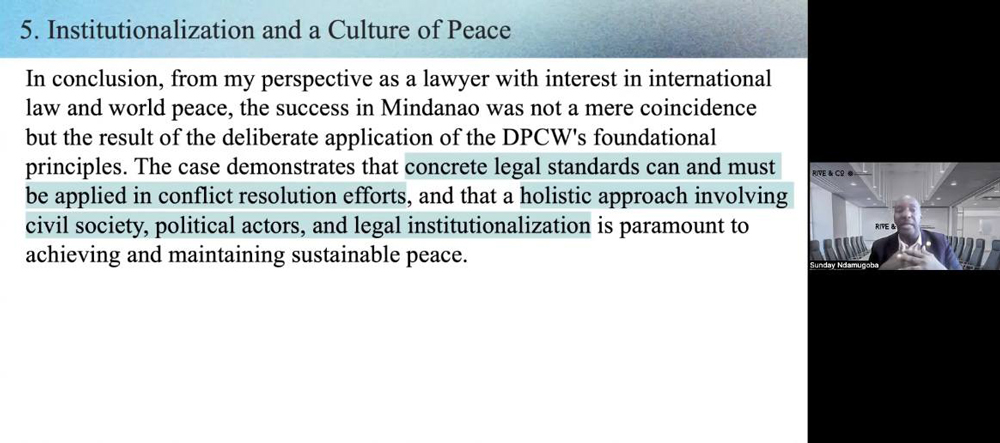
Sunday Godfrey Ndamugoba, Lawyer at Rive and Co. Attorneys (Tanzania), stressed the significance of public awareness, civic engagement, and cultural initiatives, including the establishment of Peace Days, peace monuments, and peace education.
Pascal Warda, Former Minister of Migration and Displacement (Iraq), was moved by the symbolic act of transforming weapons into tools for peace, and emphasized the importance of sustaining peace through human dignity and the protection of human rights.
HWPL announced that the second symposium in the series will be held in August, focusing on Articles 2 and 3 of the DPCW—Friendly Relations among States and Disarmament—with continued attention on the case of Mindanao.


